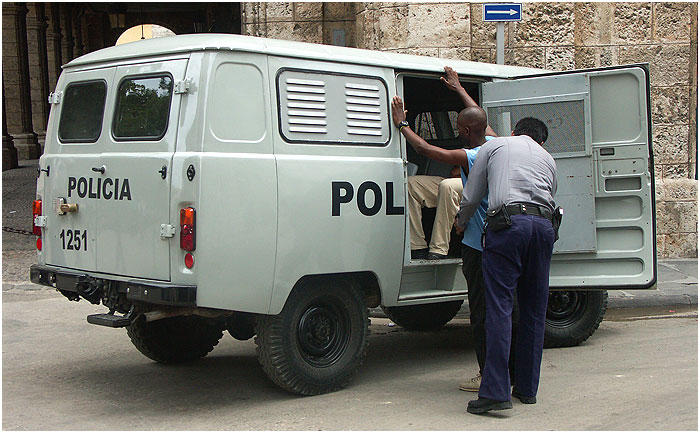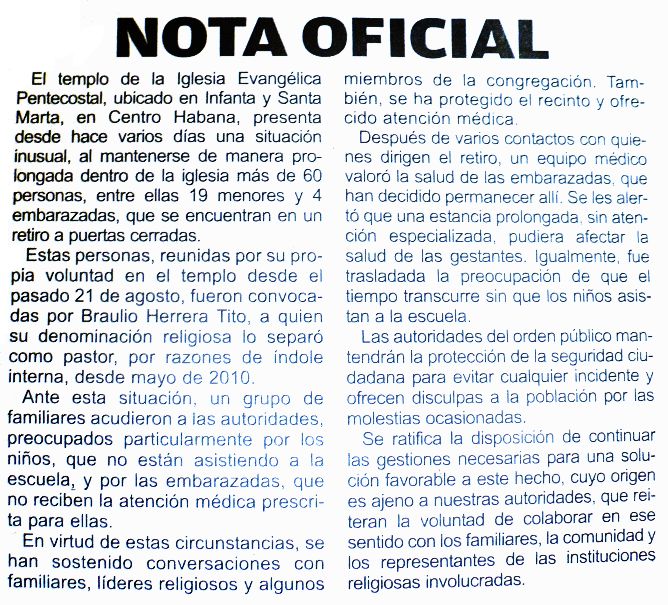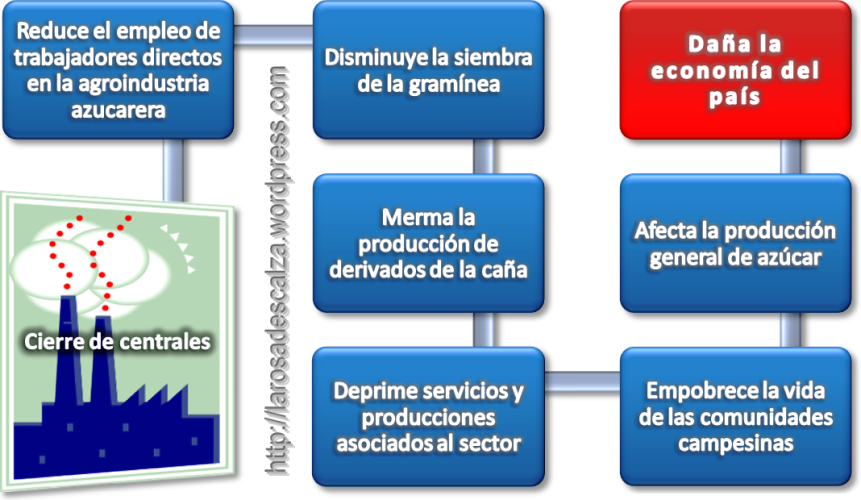
Once again Cuban society darkens from the avoidable death of another of its members. The peaceful protestor Wilman Villar Mendoza was detained in a police offensive carried out in Contramaestre, a province of Santiago of Cuba, unjustly and quickly condemned to 4 years in jail for working with a free conscience, in a trial behind closed doors, and they argue that this attracted his naked protest, his hunger strike and the resultant pneumonia — that was attended to too late — costing him his life. The outrage and official teaching toward those who think politically different are the moral rubric and the behavior of the Cuban dictatorship that have become tradition. The impunity with which the state works, the judge, who is part of and owner of all power, forsakes those citizens of the alternative political society who face the oppression of the state. For action and omission, the authorities are responsible for the death of this young man of 30 years.
Wilman was the victim of the abuse of power and the police who appeared to be directed by the high leadership of the country. Accustomed to vex and judge roughly the peaceful political dissidents and independent journalists in order to plant the seeds of terror in the citizenship, to avoid with intolerance what the independent civil society grows, and to maintain unharmed their cabinet and perks. To blackmail Maritza Pelegrino –now widow of Villar Mendoza — threatening to take away her daughters if she didn’t abandon the ranks of the Ladies in White, is an act lacking in ethics. Facts like these do not serve to “defend their Revolution” but to sully it. When they use violence, when they publicly denigrate and have paramilitary men hit women and defenseless people, they are serving a shameful, unspeakable and arbitrary order. They don’t change the mentality with slogans or through a decree, but with an appropriate government code of ethics and and in the just exercise of power.
This tragedy happened within just in a few days of the awaited visit of the president of Brazil, an ex-political prisoner who was tortured, and the visit of Pope Benedict XVI scheduled in March. In this hostile environment that has propitiated the intolerance, the Cuban government hides behind “convenient” criminal offenses in order to sanction political activism while awaiting these dignitaries. You can’t reform a country destroyed by the same people who pretend to fix it with ideological propaganda, but must do so with humane ideas and logical ethics and by including people who contribute to the respect of justice in all orders of national life. The new Cuba which inevitably will be reborn from this rubble of ignominy, should erect itself humanely with the respect and the harmony of all of its children inside and outside our borders, where there exists plurality of parties and ideas and where there is not mistreatment or oppression toward its children who defend their differing opinions from the official ones.
I sympathize with the pain of the families and I join the “outraged” members of Cuban society to condemn this death which could have been avoided. It is left to us to continue working to honor the example and the valiant souls of Pedro L. Boitel, Orlando Zapata, Laura Pollán and Wilmar Villar, rest in peace.
Translated by Jackie Isaksen
January 24 2012





 I’m not referring to John Steinbeck’s novel The Grapes of Wrath written in 1939. I’m talking about the culinary experience that led me to the farmer’s market: I decided to make a cold salad with a pasta base. For any mortal in another country, it’s probable they would have the option of buying the dish ready-made, or if they wanted to make it at home, of buying all the ingredients at one time, or perhaps making a second trip because they forget something, but everything would be available.
I’m not referring to John Steinbeck’s novel The Grapes of Wrath written in 1939. I’m talking about the culinary experience that led me to the farmer’s market: I decided to make a cold salad with a pasta base. For any mortal in another country, it’s probable they would have the option of buying the dish ready-made, or if they wanted to make it at home, of buying all the ingredients at one time, or perhaps making a second trip because they forget something, but everything would be available.




